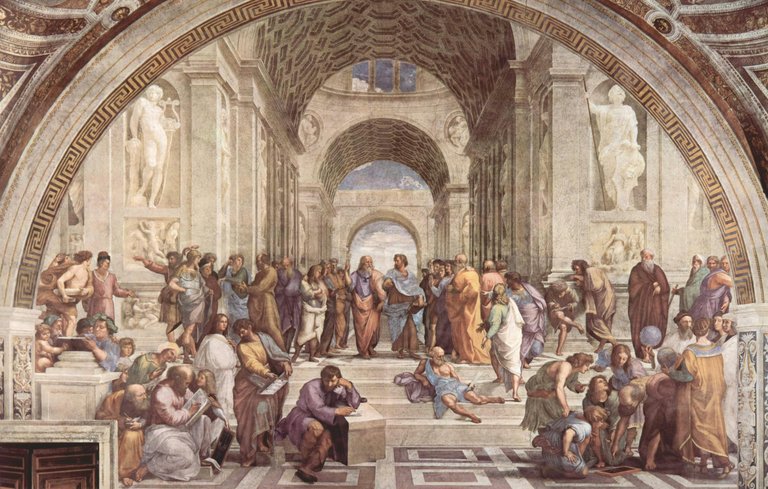What compels us to look backward when the future demands our attention?
In 1922, the world struggled to recover from both a pandemic and social upheaval that stemmed from the devastating Spanish Flu and the aftermath of World War I.
As some form of response to this collective trauma, the writer T.S. Eliot published 'The Waste Land,' a poem on modern civilization's spiritual crisis, which captured a portrait of a civilization trying to reconstruct meaning from fragments of the past.
One of the most popular quotes from the poem is I will show you fear in a handful of dust.
What I think was a characteristic of that era is this sense of displacement and discontinuity.
I think it's more of a human nature that what's familiar is often equated with safety and stability, and the moment familiarity, like a rug is pulled from beneath our feet, we begin to frantically search for solid ground.
There's a noticeable pattern throughout history, whenever "life performs a rug pull", as in times of plague, war, or technological revolution, societies have engaged in this same dance with their past.
Maybe it's not that of a bad idea to look for answers to present uncertainties in the shadows of what came before.
Not that long ago, we witnessed this same pattern more or less during the global COVID-19 pandemic.
The Echo Chamber of Memory
The pandemic pushed us all into our own private wasteland of sorts, and I can remember personally sifting through memories, old photographs, and past certainties, trying to make some sense out of a world that had almost suddenly became unrecognizable.
Of course, I didn't have to sift much to discover that every major civilization has documented similar patterns of collective remembering during times of crisis. Which was a bit reassuring at that time.
However, it also came with the awareness that history hardly ever offers simple solutions to present challenges.
Unlike Eliot's generation, our recapitulation happens in real-time.
Mainly due to social media and digital archives that have transformed memory into a constant algorithmic companion that serve us carefully curated snapshots of our past selves at strategically calculated moments, arguably.
I'm not sure if there's some form of hidden sync with these smart devices and our inner thoughts.
In my view, every notification about 'memories' from Gallery apps subtly influences us to reconcile who we were with who we've become.
Some days, we're glad to see how far we've come as individuals and as a society, other times it's a bit more like "digital ghosts" showing us painful reminders of lost certainties.
Now, facing the same fundamental challenge as our ancestors makes for an interesting argument that nothing has really changed, in terms of humanity's eternal struggle to balance remembrance with progress.
But then, we could also say that our technological tools have fundamentally altered the nature of memory itself.
From a natural, organic process into something more manufactured and commodified.
Of course, provided we understand eventually that the past is not an escape route, but a temporary map for moving forward.
Then, we can calibrate on navigating this new landscape differently. I'm also beginning to grasp this concept that the past, present and future somehow coexist in an unprecedented way.
Thanks for reading!! Share your thoughts below on the comments.

